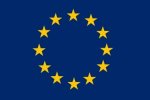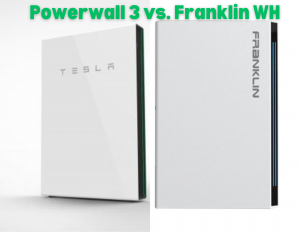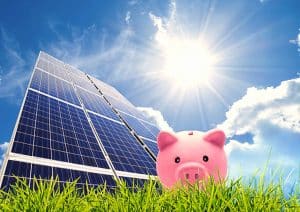The European Commission has announced a new 2030 greenhouse gas reduction target of 40 percent below 1990 levels as part of sweeping measures to transform the Union to a low-carbon economy and provide member nations with long-term energy security.
The 2030 goal includes a Union-wide binding renewable energy target of at least 27 percent, as well as energy efficiency and regulatory policies designed to promote investment in new clean energy technologies.
“Climate action is central for the future of our planet, while a truly European energy policy is key for our competitiveness,” said European Commission President José Manuel Barroso.
“Today’s package proves that tackling the two issues simultaneously is not contradictory, but mutually reinforcing. It is in the EU’s interest to build a job-rich economy that is less dependent on imported energy through increased efficiency and greater reliance on domestically produced clean energy.”
The Commission’s 2030 climate framework introduces a new governance system based on national plans for competitive, secure and sustainable energy aimed at achieving a renewable energy target of 27 percent.
The system does not set targets through EU legislation, providing what the EC says is flexibility for Union nations to increase the share of domestic sources of renewable power in the energy mix based on individual requirements and circumstances.
However, the goal not being split into national targets has been criticised by some.
One of the pillars of the EU’s climate policy will be to reform – and strengthen – the Union’s emissions trading scheme (EU ETS). According to the Commission, a robust market-based ETS can mitigate rising energy costs for consumers by encouraging energy efficiency and innovation.
Legislation to introduce a market stability reserve on the EU ETS is planned for the next round of trading in the year 2021 which would address the build-up of surplus emission allowances which could in turn “shock” the market when these allowances come up for auction.
“The 2030 framework is the EU’s drive for progress towards a competitive low-carbon economy, investment stability and security of energy supply,” said EU Energy Commissioner Günther Oettinger.
“My aim is to make sure that energy remains affordable for households and companies. The 2030 framework sets a high level of ambition for action against climate change, but it also recognises that this needs to be achieved at least cost. This includes the ‘Europeanisation’ of renewable energy policies.”







































